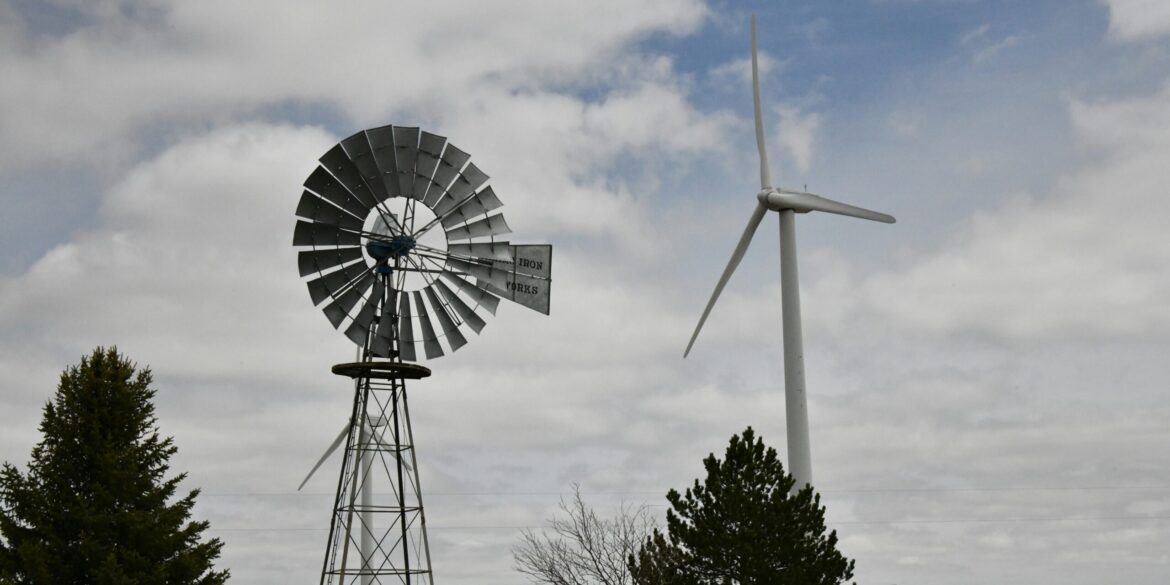Illinois is grappling with the ramifications of President Trump’s recently enacted energy legislation, which significantly curtails federal support for renewable energy initiatives. The state’s robust investments in wind and solar power now face potential setbacks as federal incentives diminish, prompting state leaders and environmental advocates to seek alternative strategies to sustain clean energy momentum.
The new federal legislation, often referred to as the “megabill,” rolls back several policies from the previous administration that supported renewable energy sources. This includes the termination of tax credits and subsidies that had been instrumental in advancing wind, solar, battery storage, and electric vehicle projects. Critics argue that the bill prioritizes traditional energy industries at the expense of clean energy initiatives, potentially undermining efforts to reduce pollution and lower energy costs. Jen Walling, executive director of the Illinois Environmental Council, stated that the legislation “puts polluters first” and jeopardizes programs designed to make air cleaner and energy more affordable.
In response to the federal policy shifts, Illinois’s solar associations are urging the state legislature to implement supportive measures to sustain the momentum of renewable energy projects. State Senator Bill Cunningham has announced plans to reintroduce a clean energy bill during the fall veto session. The proposed legislation aims to bolster renewable energy development within the state, focusing on expanding wind, solar, and battery storage capacities. Cunningham emphasized the importance of state action to counteract federal setbacks and maintain progress toward Illinois’s clean energy goals.
The rollback of federal support for renewable energy has raised concerns about potential economic and environmental impacts in Illinois. The expiration of tax credits that previously saved the average American family approximately $1,080 annually could lead to higher energy costs for consumers. Moreover, the reduction in incentives may stall the growth of the renewable energy sector, potentially resulting in job losses and slowed progress toward environmental targets.
Despite the challenges posed by federal policy changes, Illinois remains committed to advancing its clean energy initiatives. The state-administered Illinois Shines program has opened an additional 800 megawatts of new solar capacity for the 2025–26 program year, supporting the development of distributed generation and community solar projects with a focus on energy equity. These efforts underscore Illinois’s dedication to reducing reliance on fossil fuels and promoting sustainable energy solutions.
As Illinois navigates the evolving energy landscape, the state’s proactive measures and legislative initiatives aim to mitigate the effects of federal policy shifts and ensure continued progress toward a cleaner, more sustainable energy future.

